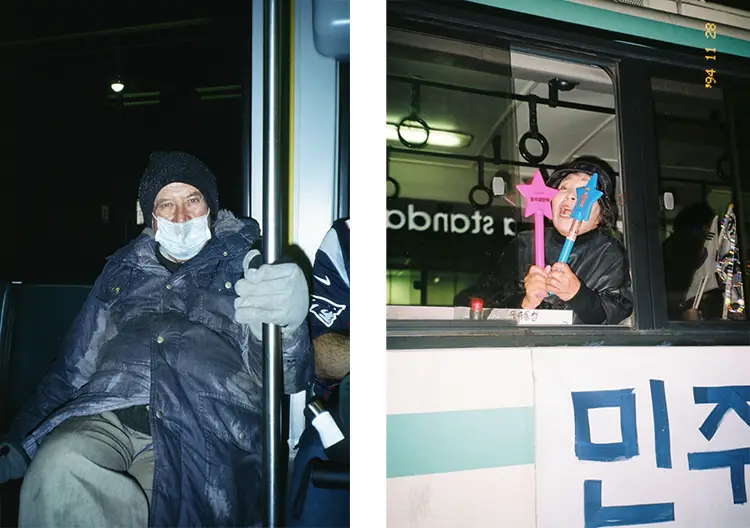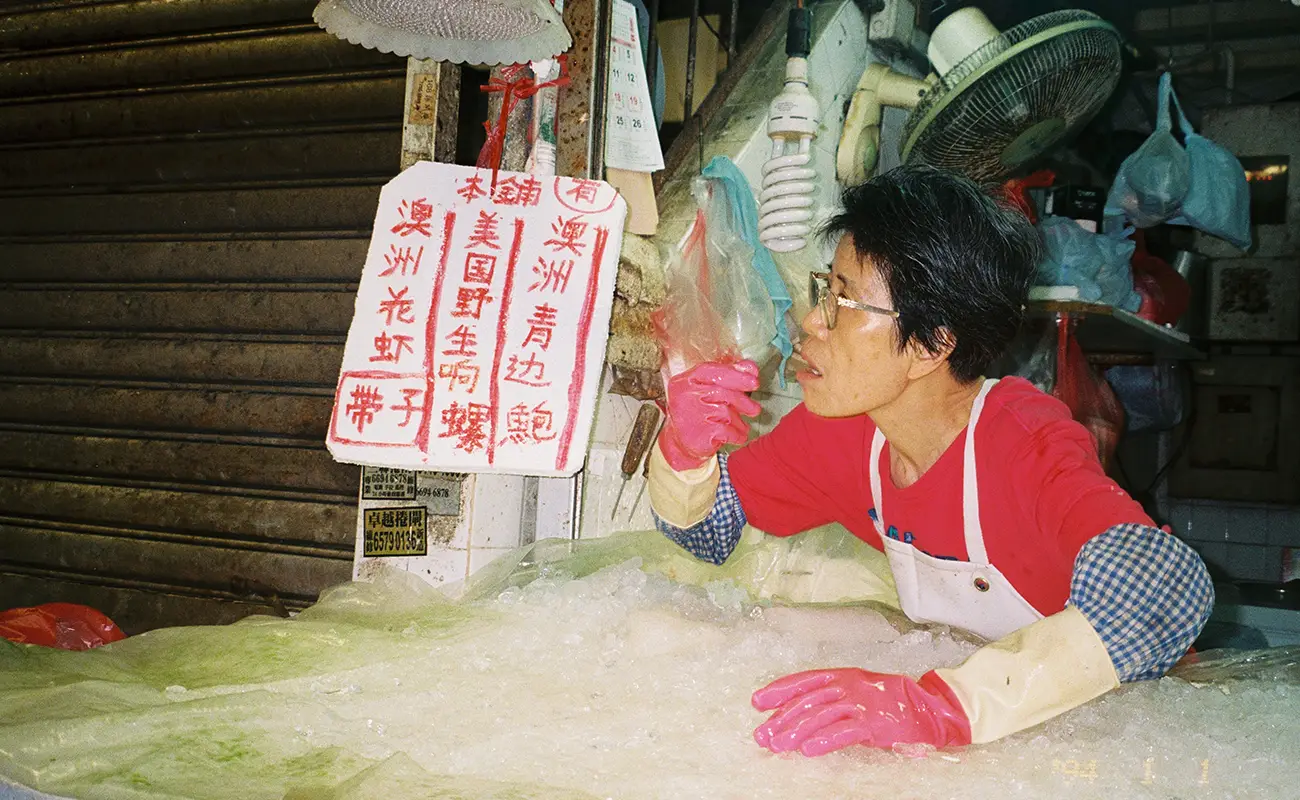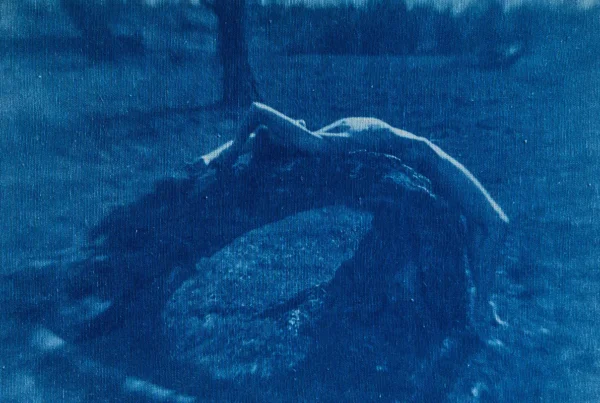“Creating art feels wonderful to me, and I want to keep on doing such work.”
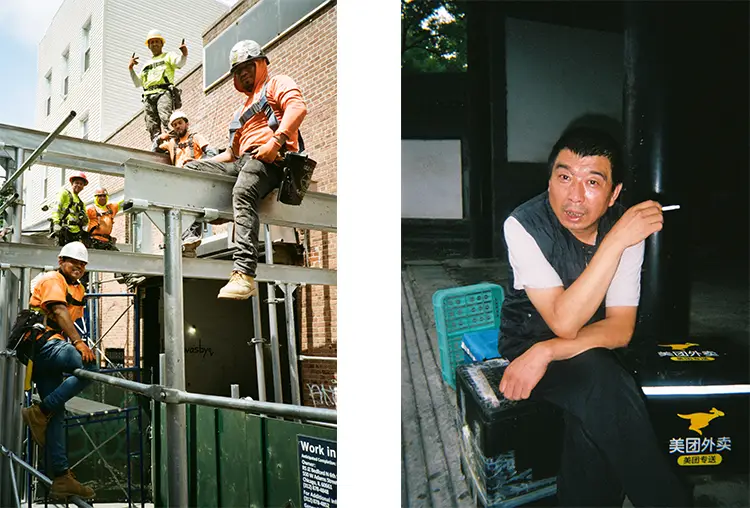
Searching for Home Through the Lens
Maggie Xin Wen’s work straddles personal and cultural thresholds, often navigating invisible divides between East and West, belonging and alienation, intimacy and estrangement. Her artistic journey is inseparable from her nomadic upbringing—having lived across China, Denmark, New Zealand, and the United States—and this movement between geographies and identities has embedded a core question at the heart of her practice: What does it mean to belong? Holding a BA in Studio Art with minors in East Asian Studies and Art History from Dickinson College, and an MS in Journalism from Boston University, Wen brings a hybridized, multidisciplinary lens to her work. Whether photographing strangers in a meat market or contemplating the contours of human connection, her approach to art is deeply exploratory, born of lived tensions and emotional necessity.
Art, for Wen, functions as both compass and anchor. She describes the act of creating as a return to self—a space where the confusion of hybrid identities begins to coalesce into clarity. When she stands behind a camera or engages in storytelling through text and image, she finds grounding in an otherwise fragmented landscape. Museums once served as quiet sanctuaries where she felt seen, and art became her way of joining the conversation rather than standing silently on the margins. This need to belong, not only socially but intellectually and emotionally, continues to inform her evolving body of work.
Wen’s practice is driven less by polished technique and more by a kind of emotional excavation. She gravitates toward themes of relational distance, liminality, and the psychological terrain of the “in-between.” Her work is neither prescriptive nor ornamental—it is observational, fluid, and built upon intuition. Rather than rigidly planning outcomes, she seeks a flow state, where form arises organically. Her artistic style is therefore marked not by stylistic consistency, but by its responsiveness to the questions she’s asking at any given time. It is precisely this openness that allows her work to resonate with such emotional depth.

Maggie Xin Wen: Capturing the Flow and Its Silence
What defines Wen’s creative process is not control but surrender. She relies on music as a kind of guide—sound functioning as both tool and companion during her photographic sessions. Once immersed in the rhythm of her work, distractions cease to exist. The idea of “flow” appears frequently in her reflections, not as a trendy psychological concept but as a lived experience—where intuition overrides deliberation and the external world fades into the periphery. In these moments, she doesn’t force narratives; she uncovers them. This state allows her to examine complex human emotions without the weight of expectation, unlocking images and thoughts that might otherwise remain buried.
Film photography, in particular, resonates deeply with her philosophy. Introduced to the medium during her freshman year of college, Wen was captivated by its inherent fragility. Each frame carries weight because it cannot be replicated or previewed. The camera clicks, and the moment is gone. She cherishes this scarcity—the idea that you only get one chance, and the result remains a mystery until developed. There is no editing, no immediate gratification, just the quiet anticipation of what has been captured. This approach mirrors her belief in the necessity of imperfection and the value of uncertainty in artistic creation.
Among her influences, Wen cites photographer Fengli as a key figure—admiring not only his imagery but also his grounded demeanor. There’s an authenticity in Fengli’s approach that resonates with her own sensibilities. Like him, Wen seeks to demystify the act of photography, focusing instead on the lived, mundane, and often overlooked details of human existence. She isn’t interested in spectacle. Rather, her lens is drawn to the subtle negotiations of space and identity, the unspoken dynamics between people, and the fleeting gestures that hint at larger narratives. Her inspirations reflect her own commitment to staying rooted, even while navigating transience.
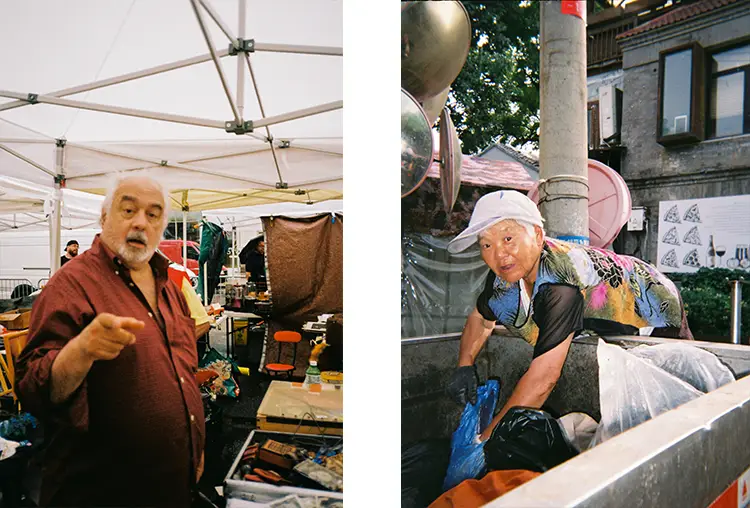
Shadows, Structure, and Sensibility
“The Meat Market,” one of Wen’s most significant works, is both an exploration and a revelation. Conceived during her final year of college and later refined in 2024, the project examines cultural friction and personal identity through black-and-white photographs taken in Hainan. Through intimate vignettes of vendors and customers, Wen probes the deeper implications of societal roles and interpersonal exchange. The choice of monochrome is deliberate—it strips away distraction, emphasizing contrast, not just visually but symbolically. Each photo is accompanied by textual reflections, offering a layered conversation between image and thought. This interplay challenges the viewer to consider how meaning shifts when seen through multiple lenses.
At the heart of the project lies a tension between autonomy and structure. Wen reflects on how education systems—Chinese and American—shape behavior, aspiration, and even self-perception. Interviews with 30 individuals from varying professional and academic backgrounds inform the written portions of the piece. These texts, interwoven with her stark visuals, reveal a quiet antagonism between societal expectation and individual freedom. She interrogates the very nature of constraints, suggesting that they are neither purely oppressive nor entirely liberating. The absence of control, she posits, is not inherently freeing. Conversely, the presence of structure can offer strange forms of security.
The project crescendos with a meditation on love—not as sentimentality, but as acceptance. Wen invites viewers to consider love as a reconciliation of contradictions, a place where difference is not erased but embraced. She concludes her series with textual fragments that resist linear interpretation. Phrases like “You were fighting against restrictions, but it already became your protection shield,” and “Too many definitions mean no growth and just imitations,” read like mantras for modern existence. These final reflections reframe the meat market—not as a static location, but as a metaphor for human interconnectedness, negotiation, and vulnerability. Through this work, Wen does not merely document a place; she constructs a philosophical inquiry into the social architecture that binds and divides us.
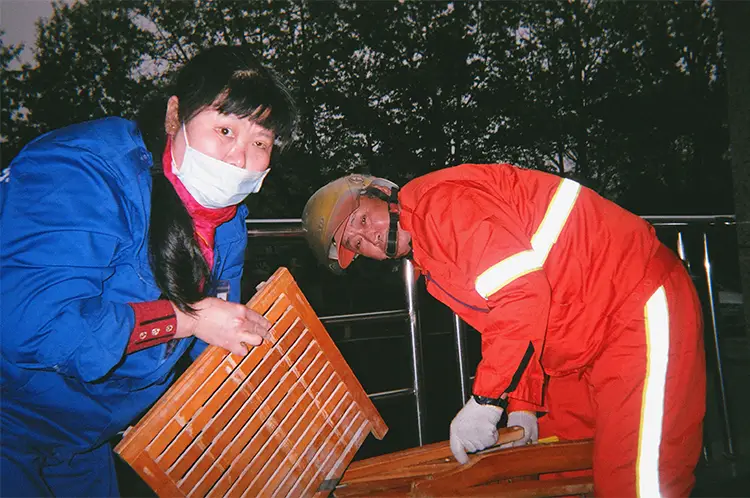
Maggie Xin Wen: Looking Ahead, Looking Within
Wen stands at an inflection point in her career, one shaped by past introspection and the tantalizing unknowns of future projects. While her previous works have centered around broad social and cultural themes, she now dreams of turning her lens inward—to explore the raw intricacies of personal relationships and emotional boundaries. This idea, though still germinating, carries a weight that gives her pause. She acknowledges the difficulty of such a project, recognizing that to examine one’s inner world with the same rigor applied to external subjects demands not only courage but a willingness to be vulnerable before her audience.
Despite this hesitancy, the impulse to pursue such intimate themes reflects the natural evolution of an artist in search of deeper truth. Wen has already demonstrated a capacity to handle complexity with grace, and the possibility of extending that to more personal terrain could produce some of her most resonant work. She is not interested in catharsis for its own sake; rather, she seeks to understand the unspoken boundaries that govern closeness, distance, and the negotiation of self in relation to others. The very trepidation she feels may well be the compass guiding her toward a new kind of creative breakthrough.
In the meantime, Wen continues to nurture her artistic sensibility with a quiet tenacity. Her process remains rooted in attentiveness, not just to her environment, but to the subtle shifts in thought and feeling that accompany her everyday life. Whether photographing markets or meditating on the weight of words, she approaches her work not as a statement, but as an open question. This openness is what makes her perspective so compelling. Maggie Xin Wen does not offer definitive answers, nor does she ask for them. Instead, she invites us to sit with complexity—to hold ambiguity in our hands, and in doing so, perhaps come to recognize something true in ourselves.
